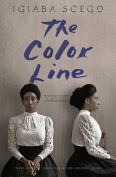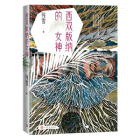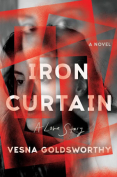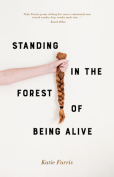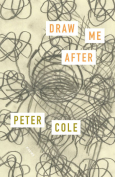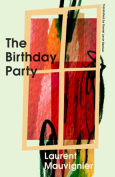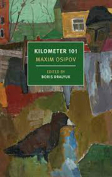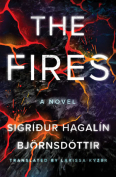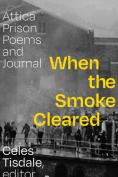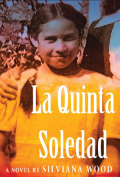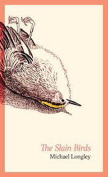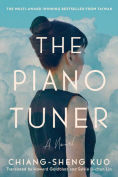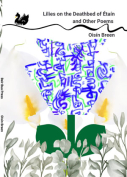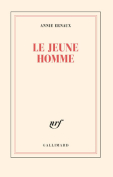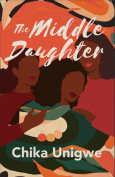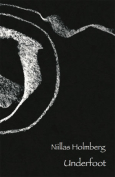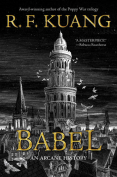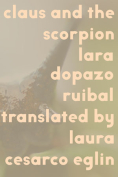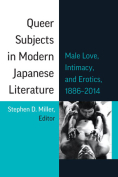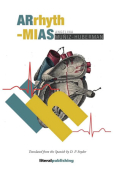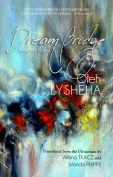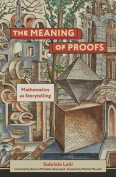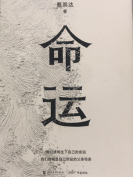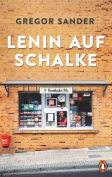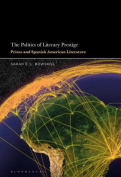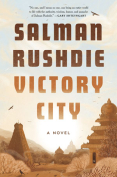Iron Curtain: A Love Story by Vesna Goldsworthy
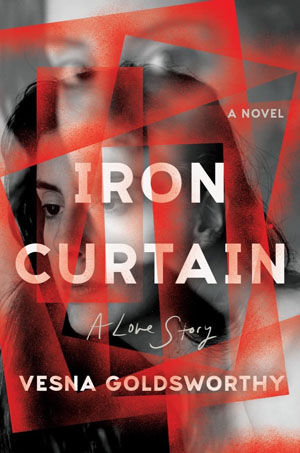 New York. W. W. Norton. 2023. 336 pages.
New York. W. W. Norton. 2023. 336 pages.
Milena Urbanska, the main character of Vesna Goldsworthy’s Iron Curtain: A Love Story, is a child of privilege. An offspring of one of the two founders of a politically restrictive Soviet satellite state, Milena’s life in the 1980s is marked by indulging in foreign pop culture, designer clothes, and trips abroad. Despite having a “dismal” attendance record and average performance, she is recognized as the top college student. She and her boyfriend, a child of another high-ranking state politician, are considered the Diana and Charles of her country. Milena claims that she is a rebel, both against the system and, consequently, her father, but her trespasses amount to decadent parties, sullen moods, and verbal outbursts to her parents. Milena is misunderstood and unhappy—she claims—and yet her discomfort is rather generational than political. When Milena complains about the constant lack of toilet paper in public bathrooms, she laments that she had to “waste another handkerchief. I like the touch of silk, but it was a pity always to have to throw these things away.”
Milena, though, changes when Misha, her Charles, kills himself playing drunk Russian roulette after serving only a few weeks of mandatory army service. Milena did not stop the game in which she also participated, and the guilt transforms her into a dedicated student and, later, a successful translator. The second change is instigated by Jason, a visiting British poet for whom she translates at a literary conference: an intense and brief love affair is followed by plans to continue their life in London. Expectedly, when Milena finally reaches the West, nothing lives up to its promise, while Jason’s ultimate betrayal can be avenged only by asking for help from those against whom Milena supposedly initially revolted: her motherland and her father. The decision to acknowledge the political power of an eastern country, however, is ironic: the novel opens in December 1990, with the fall of the Iron Curtain. Milena’s happiness is unattainable, regardless of politics.
In her third novel, the well-established Goldsworthy revisits some of the themes she has previously discussed in her fiction and academic work, notably the ways in which the West and the East perceive each other, as well as questions of identity and freedom. Her Inventing Ruritania: The Imperialism of the Imagination (1998) is an essential contribution to Balkan studies; Gorsky (2015) follows a Russian oligarch living in contemporary London but is inspired by The Great Gatsby; Monsieur Ka (2018) is about Anna Karenina’s son in post–World War II Britain. Iron Curtain, although “just” a love story, is Goldsworthy’s finest novel so far: it is nuanced, funny, and relevant in a world that seems to be actively working on a new Iron Curtain.
Damjana Mraović-O’Hare
Carson-Newman University


